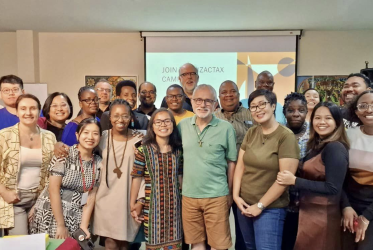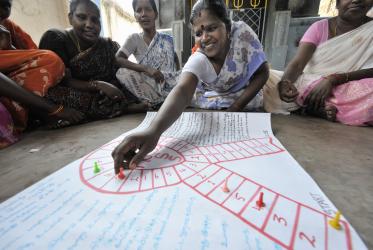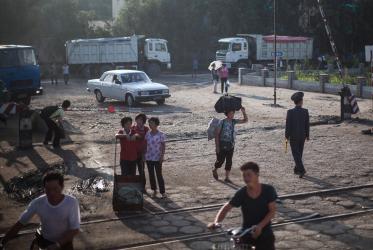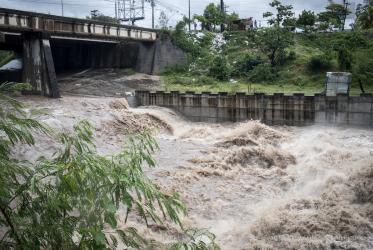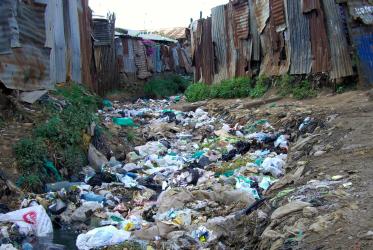Displaying 1 - 20 of 94
09 February 2024
GEM School explores how to make new economic world order a reality
08 September 2023
Unity is key when health crisis poses new challenges in Asia
28 February 2022
Climate crisis fuels existing water injustice
27 October 2021
Global webinar will discuss environment, agriculture and water
03 December 2020
On World Toilet Day, sanitation is “an issue of justice”
16 November 2020
In a COVID-stricken world, “everyone is important”
23 October 2020


